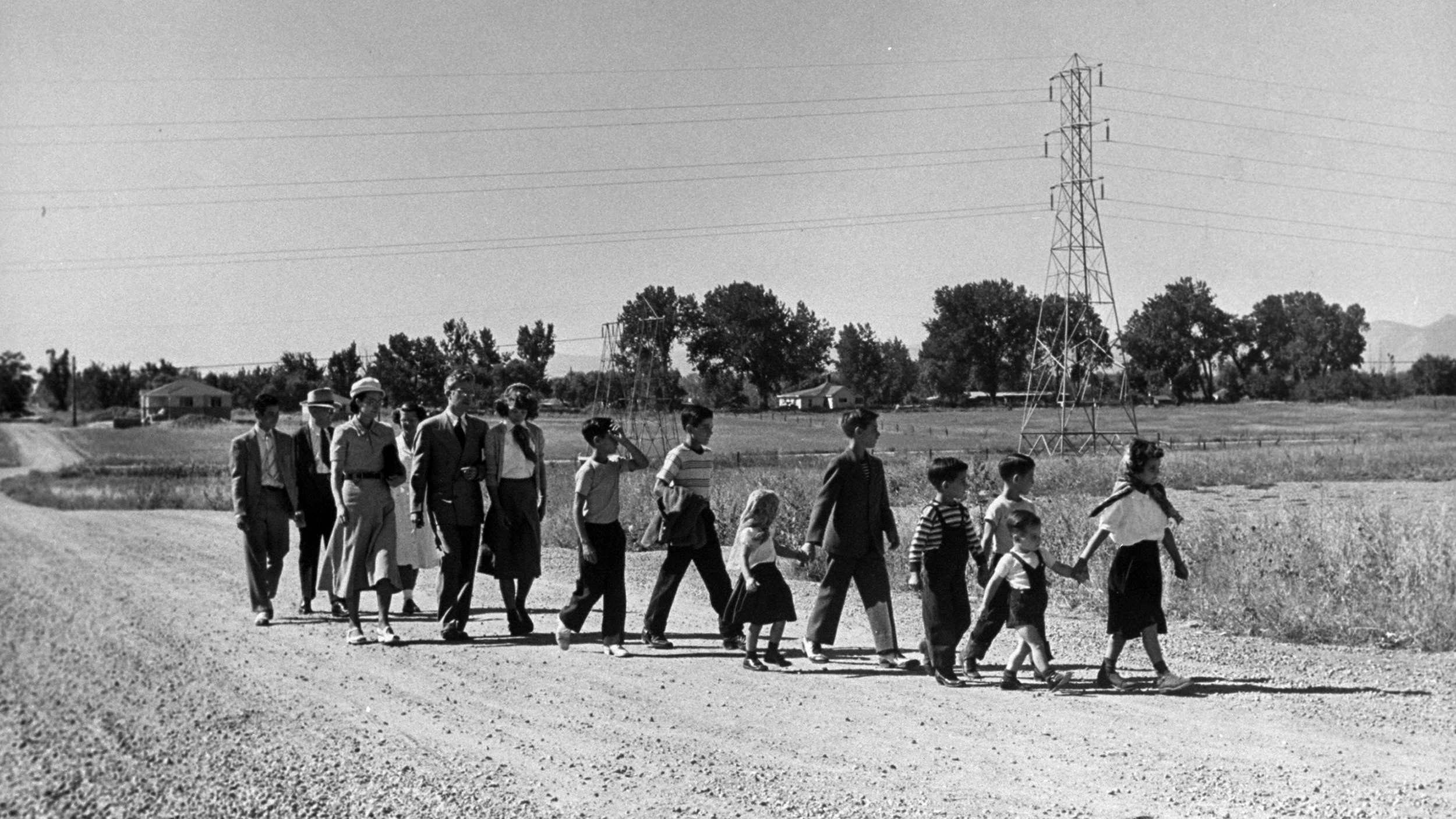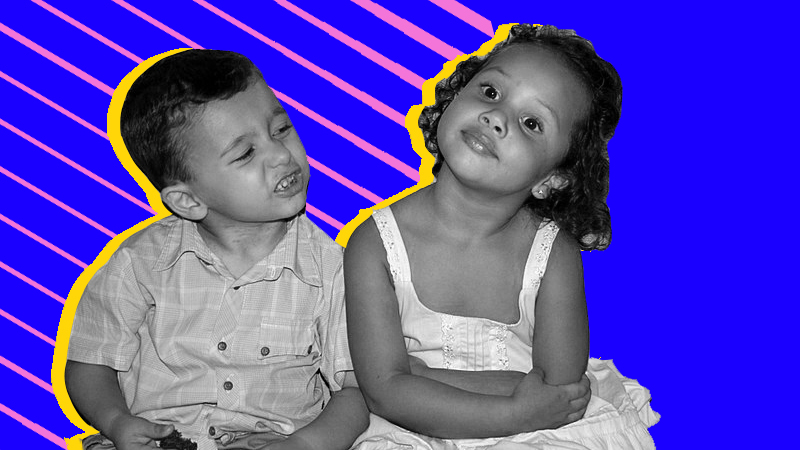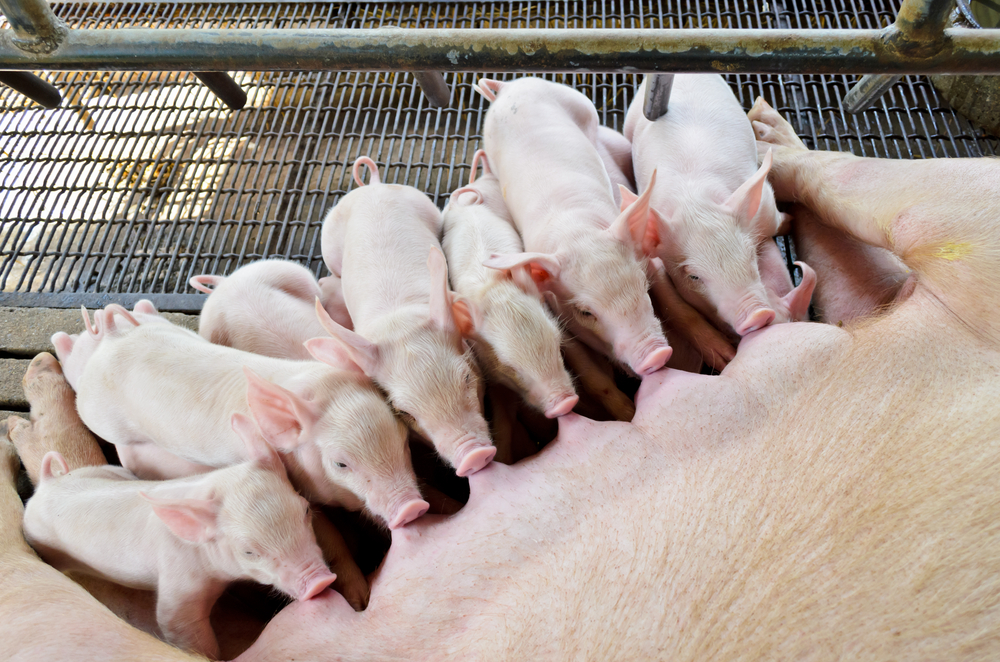Birth Order Doesn’t Affect Personality, but It Does Affect Intelligence

Tough news for younger siblings: According to three large national surveys from the US, UK, and Germany, younger siblings generally have a lower IQ than their older brothers and sisters. The surveys confirm that the objective dip in intelligence occurs gradually, beginning with the second-born and ending with the last born.
In other words, every new child is likely to be slightly less intelligent than the last. Examining more than 20,000 individuals ranging from first-born to last-born, the study found conclusive evidence that there is a “birth-order effect” on intelligence.
Researchers behind the analysis speculate on why this might be the case:
+ Older children may have their parents’ complete attention while younger siblings make do with less time. This may compound as limited parenting time becomes spread over more and more children.
+ Parents tend to place more demands on first-borns, expecting them to succeed at academics, for example, while younger siblings receive more leeway.
+ Called the “tutoring hypothesis,” a first-born can tutor their younger siblings, explaining to them the rules of life, how the world works, and so on. Because instructing is a cognitively demanding activity, first-borns may receive unique mental training.
+ Researcher Julie Rohrer, who co-authored the research, said: “One theory is that following children ‘dilute’ the resources of their parents.”
Besides an objective dip in smarts, younger siblings also assess themselves to have less intelligence than their older brothers and sisters beyond the objective IQ measurements.
Researchers also debunked some common misconceptions about the different personalities of siblings. In addition to IQ tests, the siblings surveyed were also given personality assessments. While first-borns are often thought to be more outgoing, outspoken, and social, there was no evidence for this. In fact, no personality differences held reliably constant between siblings of different ages.
Bruce Feiler, one of America’s most popular voices on family, faith, and survival, explains the secrets to leading a successful family life (hint: It’s not about who’s smarter).





